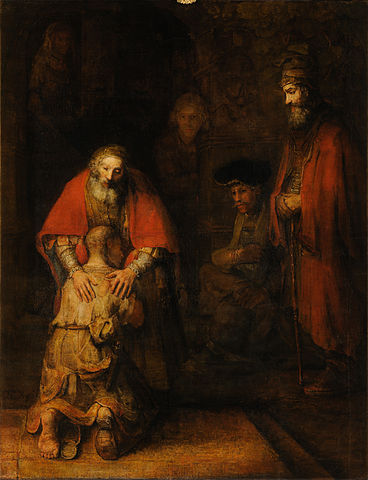Eucharistic Reconciliation: Reconciling Broken Selves by Consuming Christ’s Broken Body
DOI:
https://doi.org/10.6017/lv.v8i1.10499Keywords:
Eucharist, Grace, Eating Disorders, Recovery, HopeAbstract
The Eucharist, the healing Body of Christ, is a major source of grace paramount to the process of reconciliation. Paradoxically, for those who suffer from eating disorders, a prime source of grace is found in the Eucharist, a broken Body whose effects are imparted through eating. Exploring the reconciliation of one who struggles with eating disorders to herself, others (the Church) and the divine via the Eucharist’s grace is a largely unexplored area rife with hope. Eucharistic grace has the potential to bear great fruit in the process of recovery, reminding the person who she is, that for which she is created, the depth of Christ’s love, and her communal belonging. These graces respond to areas psychology identifies as problematic for those with eating disorders; recovery requires a reconciliation back to the self and others, especially the body of the Church, and carries implications for the Church’s vocation of love.
Downloads
Published
How to Cite
Issue
Section
License
Copyright (c) 2018 Lumen et Vita

This work is licensed under a Creative Commons Attribution-NonCommercial 3.0 Unported License.

